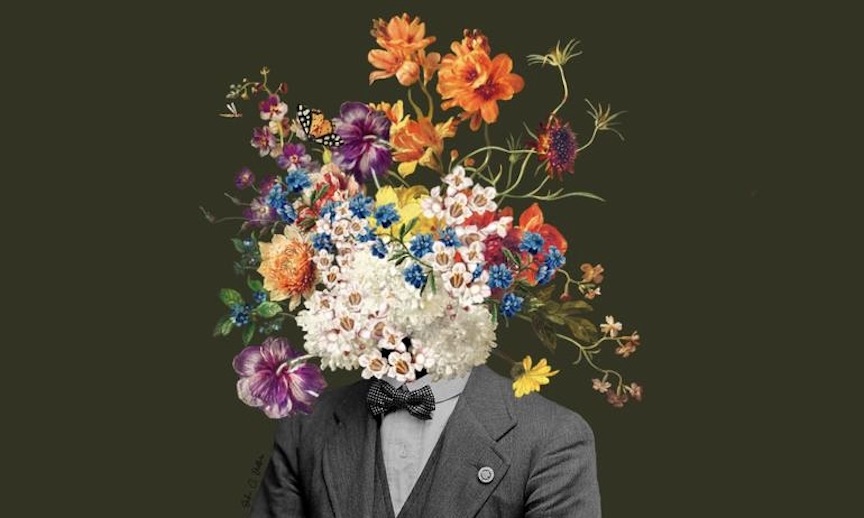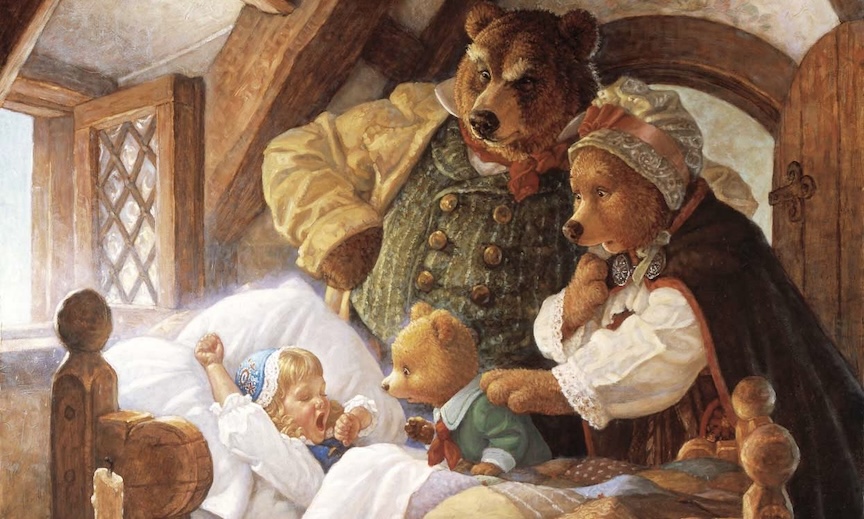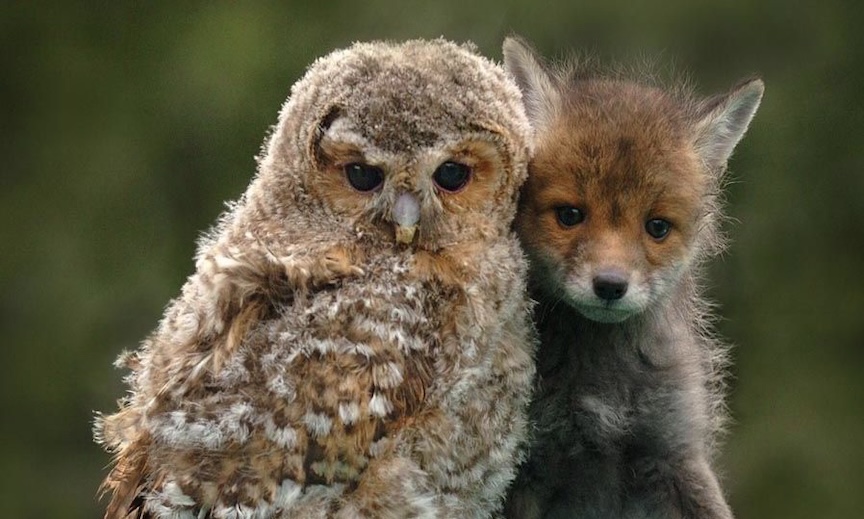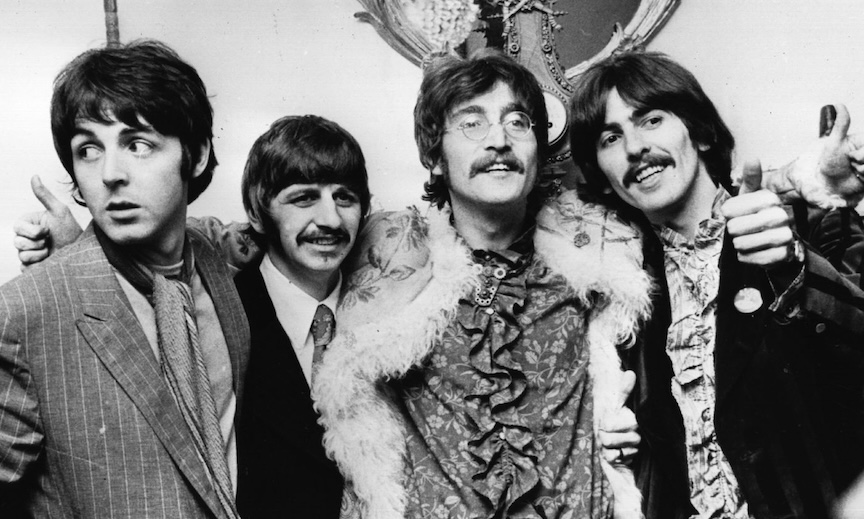SO MUCH SPACE!
by special guest, Janna Nelson
“Out beyond ideas of wrongdoing
~ Rumi
and rightdoing there is a field.
I’ll meet you there.
When the soul lies down in that grass
the world is too full to talk about.”
For hate and fear to flourish, various binaries have to be rigidly taught, internalized, and enforced. I know that I am in trouble when I start feeling the terrible constriction of being trapped into one exact way of looking at things, at myself, at those around me, at this glorious, messy life full of contradiction and mystery.
Binary perspectives exclude and crowd out the delightful and confusing multiplicity of the infinite spectrums we are surrounded by.
To be stuck in the binary requires a lot of energy, and the wearing of blinders to the complicated realities of this world. People are complex beings, and I risk dehumanizing myself when I engage in the othering that the binary perspective requires. I know that I am in trouble when I get heavily invested in being right, and others being wrong, or when I am so sure that I am wrong that I feel mired in the muck, immobilized.
I must be clear that my orientation is based on a commitment to human rights, that living with integrity means standing up, or sitting, if I am in my wheelchair, for people who are being oppressed, or belittled, or stigmatized, because of who they are, or what they look like. My commitment requires that I am mindful about not judging others as stupid or ignorant, solidifying into making myself right, therefore small, and them wrong. When I am clear in my values, I do not have to be defensive or offensive in living those values and in supporting others in living their lives as fully as possible.
In order to explore this delicious gift of life more fully I need to expand my capacity to hold ambiguity and confusion.
We internalize the binary way of thinking so easily from our culture. Those of you who were brought up in conservative or fundamental religions know this well. When the Dalai Lama first came to this country he met with various meditation teachers and psychologists. They asked him how he dealt with the thorny issue of unworthiness, the deep-seated feeling that so many in this country have that they are fundamentally flawed. He expressed surprise that this is a common reality for so many, and needed more explanations about this, as it was new to him.
This “trance of unworthiness”, as Tara Brach describes it, can be linked to the founding myths of our culture, as the story of Adam and Eve being expelled from the Garden of Eden is one of our subconscious animating principles. When you are subtly or explicitly taught from infancy that to be human is to be wrong in some way, it warps the heart and mind.
We can spend our whole lives trying to get back to the garden instead of realizing that the garden is within us, all around us, the beauty of the flowering directly related to what kinds of seeds we cultivate.
We can spend our whole lives trying to measure up, to feel deserving of the joy of life, to feel separated from the mystery and grandeur of life because we are told, over and over, in so many ways that we are not good enough. And there are endless products we can buy in this search for improvement.
Notions of purity and perfection are dangerous embedded elements of the white supremacist mindset that pervades this society, as is the necessity to demonize the other through harsh judgement and the belief that we can somehow punish our way out of problems that arise from criminalizing poverty and people suffering with substance abuse issues. It thrives on calling gender and sexual differences deviant and controlling women’s reproductive magic. We resist this by saying yes to our full selves, by recognizing our innate ability to grow and learn and practice lives of loving-kindness and compassion, for ourselves and each other, wherever we go.
Parker Palmer has a concept he calls the tragic gap, that space between what is and what could be. We have to learn how to live full lives in that gap, in the big squeeze, as Pema Chödrön calls it. If I spend too much time with what is, I can become cynical and nihilistic, and if I spend too much time with what could be, I can be in danger of irrelevant idealism.
It can be so easy to look at what is and live in despair. That is why I need to cultivate visions of what could be and find ways to nurture them in my life. Binary thinking keeps me small, trapped in defending and protecting my fortress of imaginary safety. I can choose to leave that space, which is a reactive place to live in. Growing up means becoming more capable of responding- the meaning of responsibility- becoming more flexible, more able to make more effective choices, using discerning wisdom rather than kneejerk reactivity.
Being with others in communities dedicated to exploring the vast nuanced spaces beyond the binary with curiosity and humor upends the paradigm, learning to play, work, create, and dream and enact new ways of interbeing and connection gives strength and comfort.
There is so much space, so much possibility for living good and caring lives where we honor human dignity and learn to be deeply responsible, saying yes to our inner light and the light of others. Being in loving community where we can practice mindfulness and making mistakes and forgiveness, celebrating, mourning and creating collectively is a powerful path.
“The range of what we think and do is limited by what we fail to notice. And because we fail to notice that we fail to notice, there is little we can do to change; until we notice that failing to notice shapes our thoughts and deeds.”
~ R. D. Laing
JANNA NELSON will be our special guest speaker at Bosque Center for Spiritual Living this week, March 26. Janna is a thinker, a musician, an existentialist, a rabble-rouser, and an all-around delightful badass.
